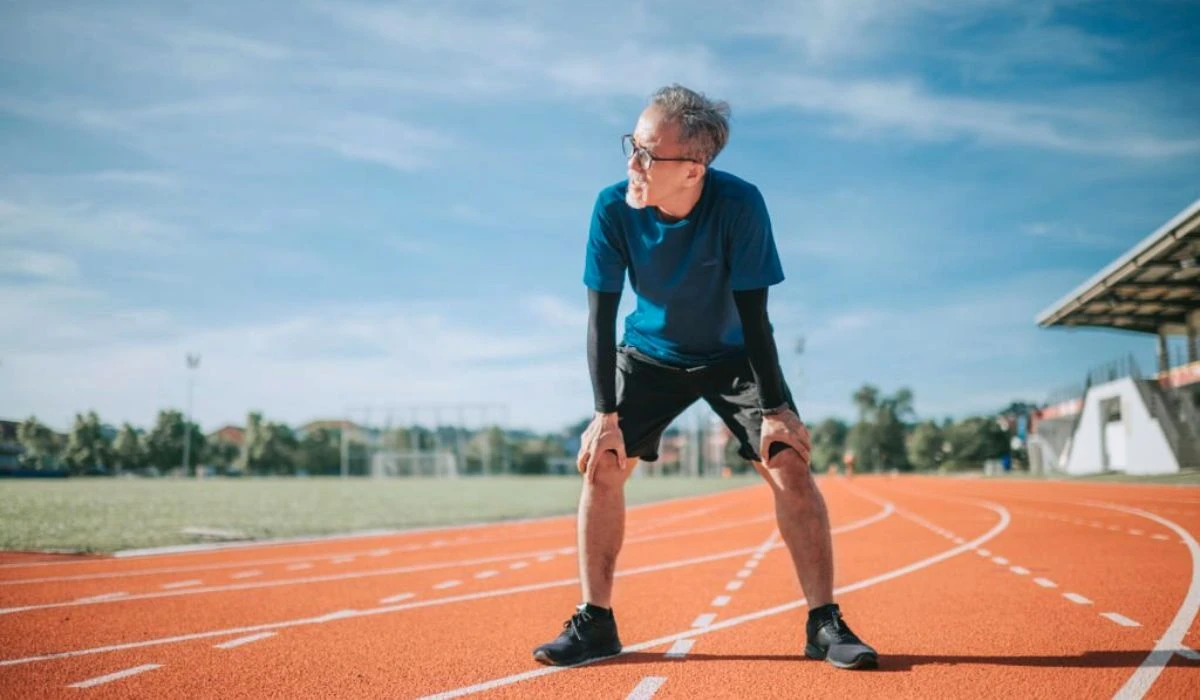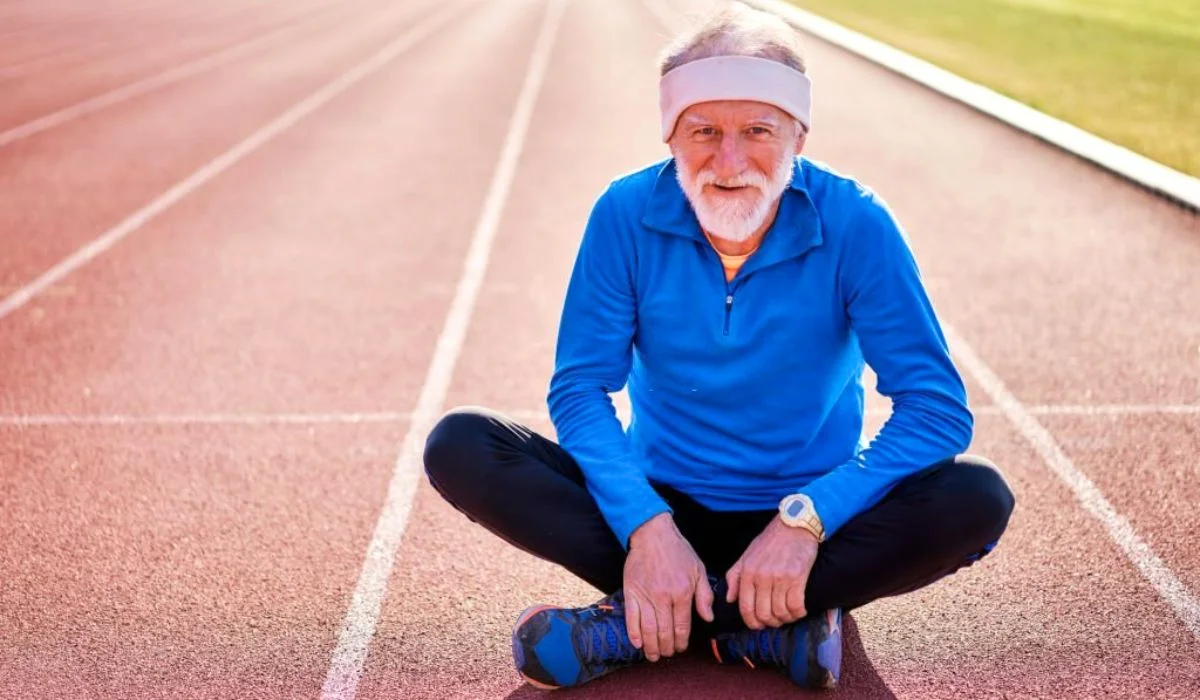Psychological resilience is a topic that many researchers prefer, as it is very relevant after the pandemic. It plays an essential role in one’s performance. It is the ability to manage, adapt, or face challenges and other adversities.
Studies have concluded that psychological resilience determines athletic performance as it affects the mental and physical well-being of an athlete. There is a common assumption that there is a decline in psychological resilience as we age.
The condition is critical for aging athletes, as there are many factors. A person’s psychological resilience is directly related to their optimism, self-efficacy, ability to regulate emotions, problem-solving skills, and many more. Aging may reduce the competency of these skills due to many natural factors.
An athlete needs to be mentally and physically strong. The risk of injuries, the necessity of extra effort, sacrifice, self-esteem, and enthusiasm are important factors that work behind an athlete.
What Happens When They Age?

🔸 Physical Tolerability
Physical tolerability plays a vital role in determining mental tolerability. The athlete must be physically strong and fit. Even a minute difference in their physical health condition disturbs them, as they are always bothered or stressed about their health condition.
🔸 Fatigue And Burnout Tendencies
They are natural elements of aging. A manageable workload may affect the overall health of an athlete as they age. They may find it stressful, as the prolonged hours of workouts and practices cause fatigue. Bone density, bone strength, cartilage problems, muscle strength, and joint disturbance are common after 35 as the way the human body absorbs and utilizes nutrients varies here.
🔸 A Decline In Optimism
It is observed that the peak of optimism can be experienced between the ages of 20 and 30, as we are all highly passionate, enthusiastic, and carefree during those periods of life. Psychological resilience can be affected in athletes after their thirties, as they are more worried about the future. Mental health is affected when a person shifts from an optimist approach to a pessimist. There can be a slight variation in positive thinking too. The negative thoughts always pull an athlete down.
🔸 Compromised Self-Efficacy
Self-efficacy is the sum of mental and physical well-being. A daring young athlete is not at all bothered by injuries or infections. The worry of injuries and infections may reduce self-confidence, which is an important factor that determines self-efficacy. A fluctuation in the internal drive towards hard work and success may affect athletic performance for sure.
Also Check: Overcoming Age-Related Injuries – Causes & Strategies!
How Can An Athlete Achieve Psychological Resilience While Ageing?
Scholars, researchers, and psychologists contribute to many tips and tactics that can be practiced for improved psychological resilience in aging athletes. You have the key to your psyche. The change is within you.
Face the adversity: sportsmanship determines one’s ability to accept failure. Never expect the best. There can be adversity too. Realize the fact that we have to face the adverse situation, however hard it is. Accepting the worst condition provides you with a drive to stay focused on positive things.
What can you do?
It is very important to focus on things that are under your control instead of being worried about uncertain things and concentrating on doing the needful for better health and stamina. Try to follow a nutrition-rich diet and prevent your body from going weak.
- Be connected: Social interactions always motivate you. Spend time with a group or individual who can have a positive impact on you. Avoid pessimistic people with negative talks and negative concerns. Having a fun time with loved ones can elevate your soul as it cheers you up. Good relations can always cheer you up, motivate you, and take you to success.
- Self-care: Self-care is a vast word that includes the maintenance of mental, physical, social, and emotional well-being. Following a healthy diet, getting enough physical activities, athletic training, and workout sessions, and having a self-care routine are important for an athlete. Even if your schedule is very tight, it is important to find time to do things that can have positive impacts on your life.
Everyone cannot be an athlete. He or she should be blessed with a strong and flexible physique and an elevated mindset. Keeping your psychological resilience high is very important, as it affects your athletic performance. No other factors, including your age, can defeat you if you are self-motivated.
Read More: Supplements For Muscle Recovery And Repair: Don’t Miss Out These Boosters
Our recommendations are rooted in genuine belief in the benefits of the products bring to users. When you purchase through our links, we may earn a commission, supporting our testing and development without adding any cost for you. Learn more.

Dr. David G Kiely is a distinguished Medical Reviewer and former General Medicine Consultant with a wealth of experience in the field. Dr. Kiely’s notable career as a General Medicine Consultant highlights his significant contributions to the medical field.


